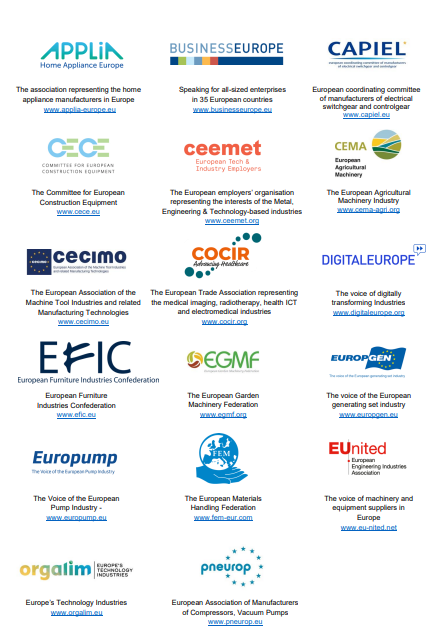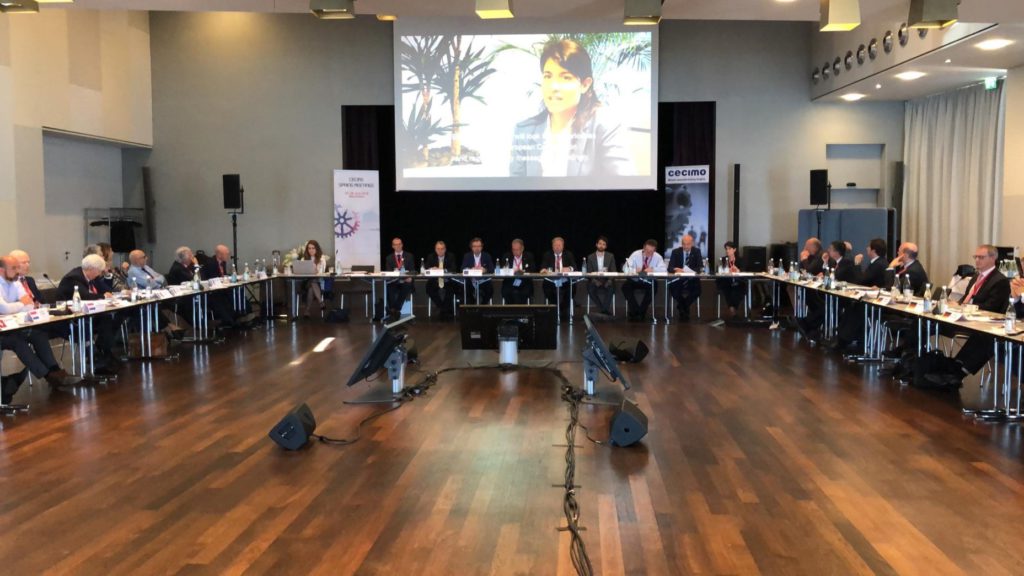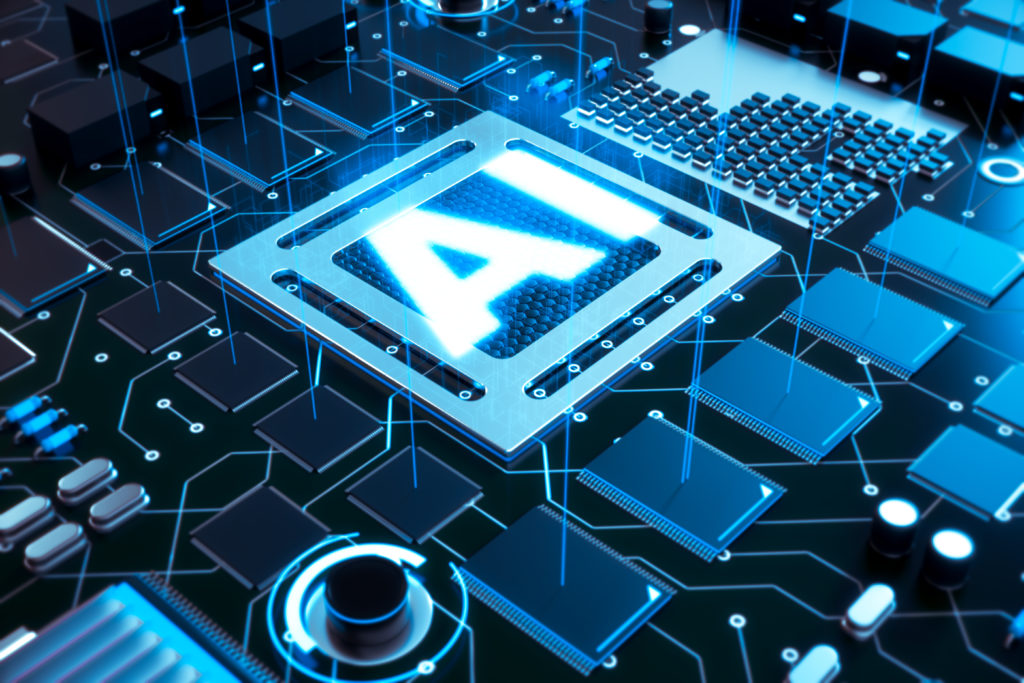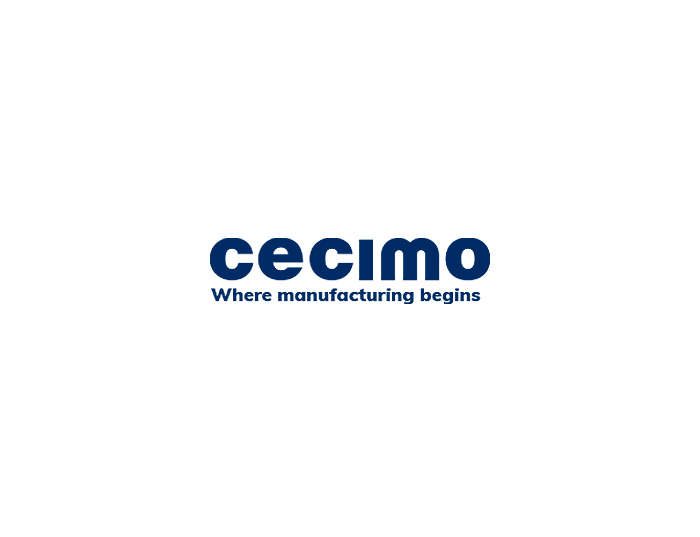Digitization of Manufacturing
Manufacturing is going through an unprecedented digital transformation that enables companies to increase their efficiency, productivity and process accuracy. As the transition affects different aspects of the industry business, CECIMO makes sure that the EU promotes enabling policies that consolidate the position of our industries as market leader in the manufacturing digital transition.

Data for Manufacturing
Industrial data are the core of the new industrial revolution for the European manufacturing sector. The acceleration of data sharing is generating a collaborative environment where industries can cooperate towards developing new innovative solutions. Inconsistency hurts any effort to use data. For this reason, it is important to set common standards for data collection, and data sharing at the EU level should enable new applications, foster collaboration, and expand functionalities. CECIMO advocates for the adoption of a versatile policy approach to:
- Avoid loss of competitiveness for our industry(particularly for SMEs)
- Enhance the potential of data-sharing in safeguarding the interests of manufacturers that have been pioneers in dealing with the risks and opportunities of the data economy.
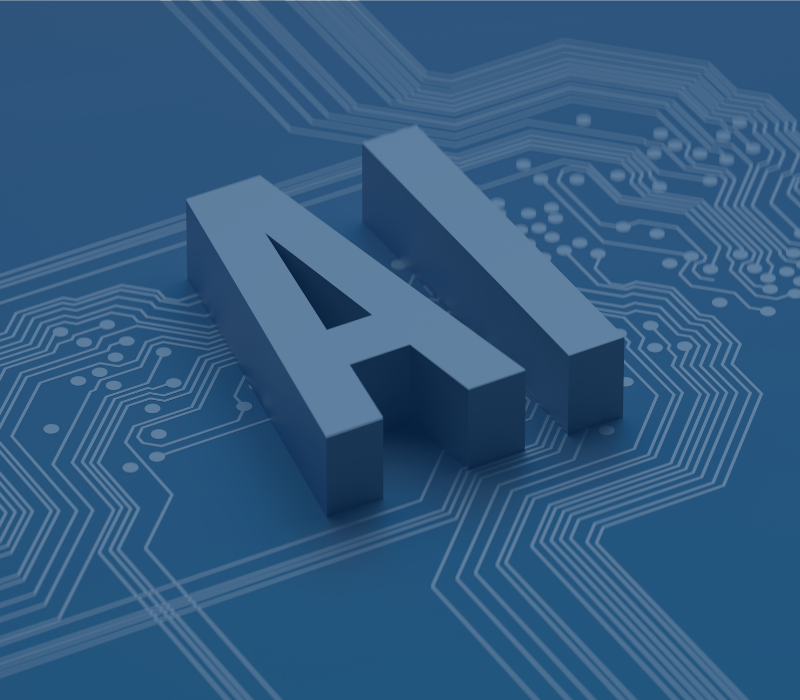
Artificial Intelligence
AI applications in manufacturing increase the sector’s competitiveness and provide new ways to tackle different challenges, such as increasing the sustainability of industrial processes. CECIMO advocates for developing supportive EU policies that enable and foster progress in research and guarantee innovation in industrial AI. Furthermore, CECIMO advocates for the development of AI capabilities in Europe and requires a flexible business and investment framework that fosters innovation and the development of new products and services.

Cybersecurity
Cyberthreats presents a major obstacle to Europe’s path to prosperity. A successful digital transformation of the manufacturing sector must rely on secure cyberspace. CECIMO advocates for self-certification or self-declaration of conformity based on European and international harmonized standards. Furthermore, cybersecurity has become an essential health and safety requirement of the proposal for a Machinery Regulation. However, CECIMO believes that cybersecurity is not limited to machinery and should be dealt with horizontally.
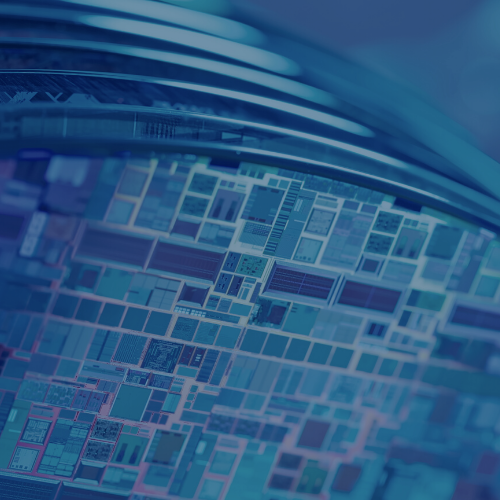
Chips Act
The increasing digitization of every sector is causing an unprecedented growth in the demand for semiconductors. The tense market environment contributed to generate a shortage which the growth of different sectors. The semiconductors shortage endangers several customers of the machine tool sector e.g., the automotive industry (with several companies forced to delay or slowdown production). Moreover, the complex manufacturing of semiconductors can be disrupted by adopting technologies that could improve their production process. Although we know that this will not be enough to solve the semiconductor shortage, the use of robotics and additive manufacturing can support the activities of semiconductor producers in different ways.

